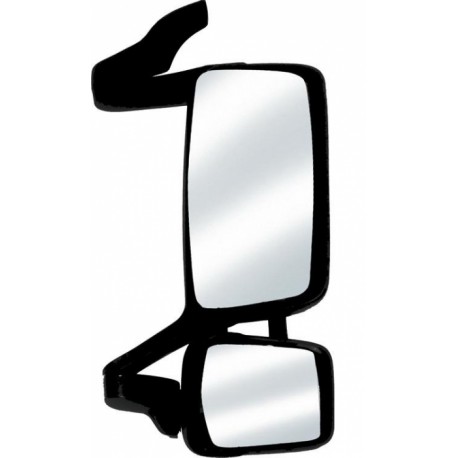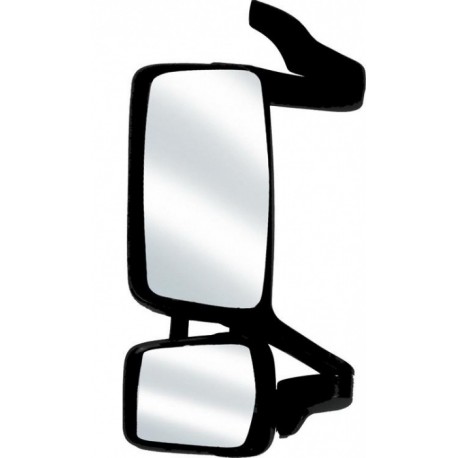
Copri maniglia in acciaio inox cromato, effetto specchio, 3D, ideale per le portiere Volvo FH, FM, FL, confezione da 2 pezzi : Amazon.it: Auto e Moto

VETRO SPECCHIO GRANDE VOLVO FH 4 DX - Ricambi Ribi - IVECO, FIAT, DAF, MAN, MERCEDES, RENAULT, SCANIA, VOLVO

SavCar - Ricambi per camion, escavatori e trattori a Torino - Specchio destro per Volvo FH/FM dal 2005 termico ed elettrico






















